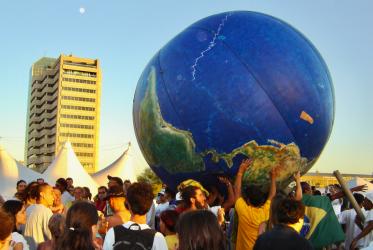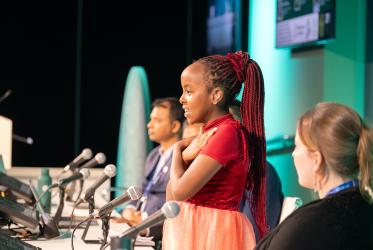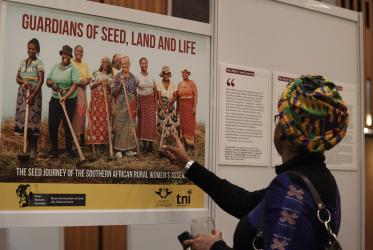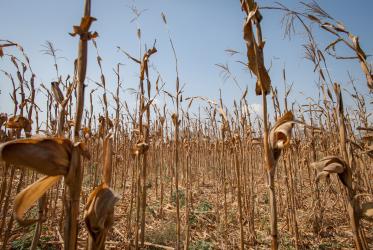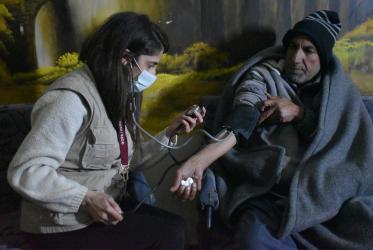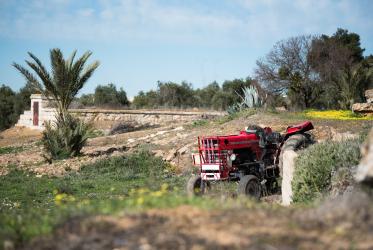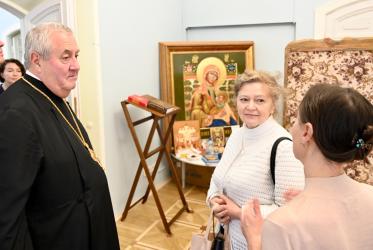During its travels in Moscow, a World Council of Churches (WCC) delegation visited the Humanitarian Aid Center, a church initiative which started in March 2022, after the beginning of the war in Ukraine. Most of the refugees from Ukraine who arrive in Moscow have friends or relatives in the Russian capital. Nevertheless, their need is great. Around 500 people knock at the door of the Refugee Centre every day. At the refugee drop-in centre, they receive daily necessities, basic food, products for personal hygiene and, if they do have children, the necessary basic equipment for them. Many of the people who come to the drop-in centre suffer from psychological problems and traumatic experiences. After initial treatment, they are referred to professionals.
25 October 2022

